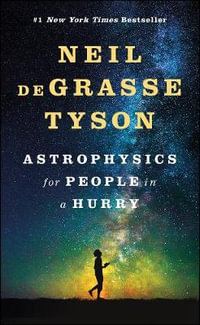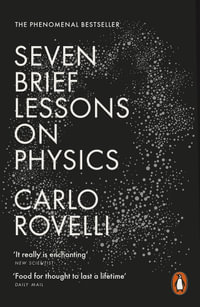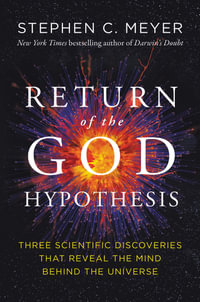Networks are everywhere: networks of friends, transportation networks and the Web. Neurons in our brains and proteins within our bodies form networks that determine our intelligence and survival. This modern, accessible textbook introduces the basics of network science for a wide range of job sectors from management to marketing, from biology to engineering, and from neuroscience to the social sciences. Students will develop important, practical skills and learn to write code for using networks in their areas of interest -- even as they are just learning to program with Python. Extensive sets of tutorials and homework problems provide plenty of hands-on practice and longer programming tutorials online further enhance students' programming skills. This intuitive and direct approach makes the book ideal for a first course, aimed at a wide audience without a strong background in mathematics or computing but with a desire to learn the fundamentals and applications of network science.
Industry Reviews
'A First Course in Network Science by Menczer, Fortunato, and Davis is an easy-to-follow introduction into network science. An accessible text by some of the best-known practitioners of the field, offering a wonderful place to start one's journey into this fascinating field, and its potential applications.' Albert-Laszlo Barabasi, Dodge Distinguished Professor of Network Science, Northeastern University
'... this textbook has finally allowed me to teach the ideal intro courses on network science, of interest to computer scientists as well as mathematicians, statisticians, economists, sociologists, and physicists.' Giancarlo Ruffo, Associate Professor of Computer Science, University of Torino
'The book by Menczer, Fortunato, and Davis, A First Course in Network Science, is an amazing tour de force in bringing network science concepts to the layman. It is an extraordinary book with which to start thinking about networks that nowadays represent the linchpins of our world.' Alex Arenas, Universidad Rovira i Virgili
'Buckle up! This book bounds ahead of the curve in teaching network science. Without formalism, but with remarkable clarity and insight, the authors use experiential learning to animate concepts, captivate students, and deliver skills for analyzing and simulating network data. This book will not only make students smarter, they will feel and act smarter.' Brian Uzzi, Northwestern University
'If you are looking for a sophisticated yet introductory book on network analysis from a network science perspective, look no further. This is an excellent introduction that is also eminently practical, integrating exactly the right set of tools. I highly recommend it.' Stephen Borgatti, University of Kentucky
'This is a book that truly takes in hand students from all backgrounds to discover the power of network science. It guides the readers through the basic concepts needed to enter the field, while providing at the same time the necessary programming rudiments and tools. Rigorous, albeit very accessible, this book is the ideal starting point for any student fascinated by the emerging field of network science.' Alessandro Vespignani, Northeastern University
'We cannot make sense of the world without learning about networks. This comprehensive and yet accessible text is an essential resource for all interested in mastering the basics of network science. Indispensable for undergraduate and graduate education, the book is also a much-needed primer for researchers across the many disciplines where networks are on the rise.' Olaf Sporns, Indiana University
'This is a timely book that comes from authorities in the field of Complex Networks. The book is very well written and represents the state of the art of research in the field. For these reasons, it represents both a reference guide for experts and a great textbook for the students.' Guido Caldarelli, Scuola IMT Alti Studi Lucca
'Should be titled the 'Joy of Networks', clearly conveys the fun and power of the science of networks, while providing extensive hands-on exercises with network data.' David Lazer, University Distinguished Professor of Political Science and Computer and Information Science, Northeastern University
























